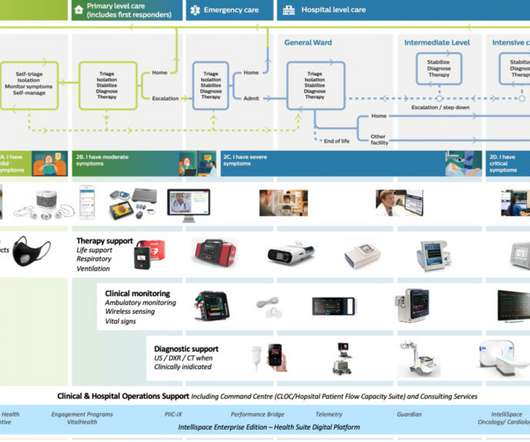The Top Patient Safety Risks in 2025 Are Mostly About the “Human OS” – Reading ECRI’s Annual Report
Health Populi
MARCH 10, 2025
health care system today: namely, Managing patient violence Inadequate patient handoffs– but in this case, related to patient transport #5 and #9 in the list 10 years later identify care coordination challenges, which continue to mar health care quality in the U.S. With 3 in 5 U.S.



















Let's personalize your content